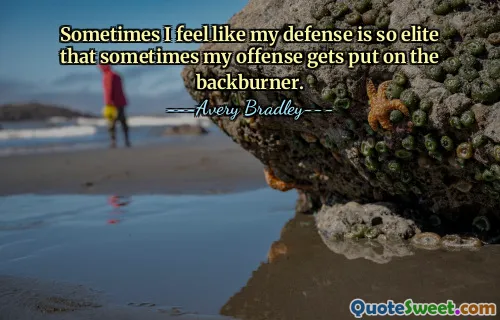We, the public, are easily, lethally offended. We have come to think of taking offence as a fundamental right. We value very little more highly than our rage, which gives us, in our opinion, the moral high ground. From this high ground we can shoot down at our enemies and inflict heavy fatalities. We take pride in our short fuses. Our anger elevates, transcends.
In his work "East, West," Salman Rushdie expresses a critical view of contemporary society's sensitivity to offense. He argues that many individuals believe that being offended is a basic entitlement, and this perspective results in a culture where anger and outrage are cherished, often at the expense of reasoned discourse. People take pride in their capacity to feel offense, which they see as granting them moral superiority over others.
This mindset leads to a societal dynamic where the act of taking offense can be weaponized against perceived adversaries. Rushdie suggests that this reliance on outrage, rather than thoughtful discussion, fosters division and conflict within society. The result is a cycle of retaliatory anger that stifles constructive dialogue and understanding, further entrenching individuals in their opposing views.
